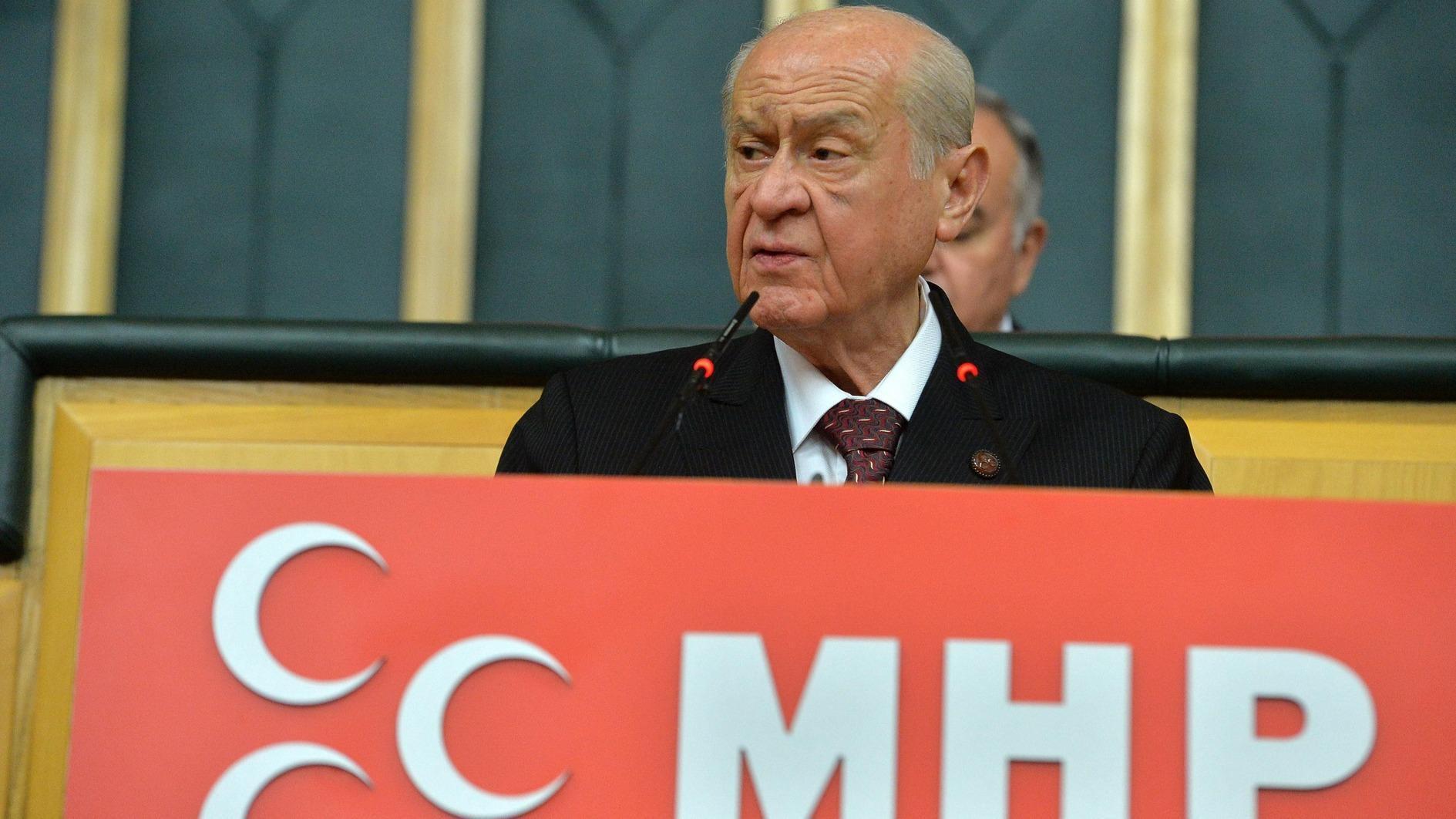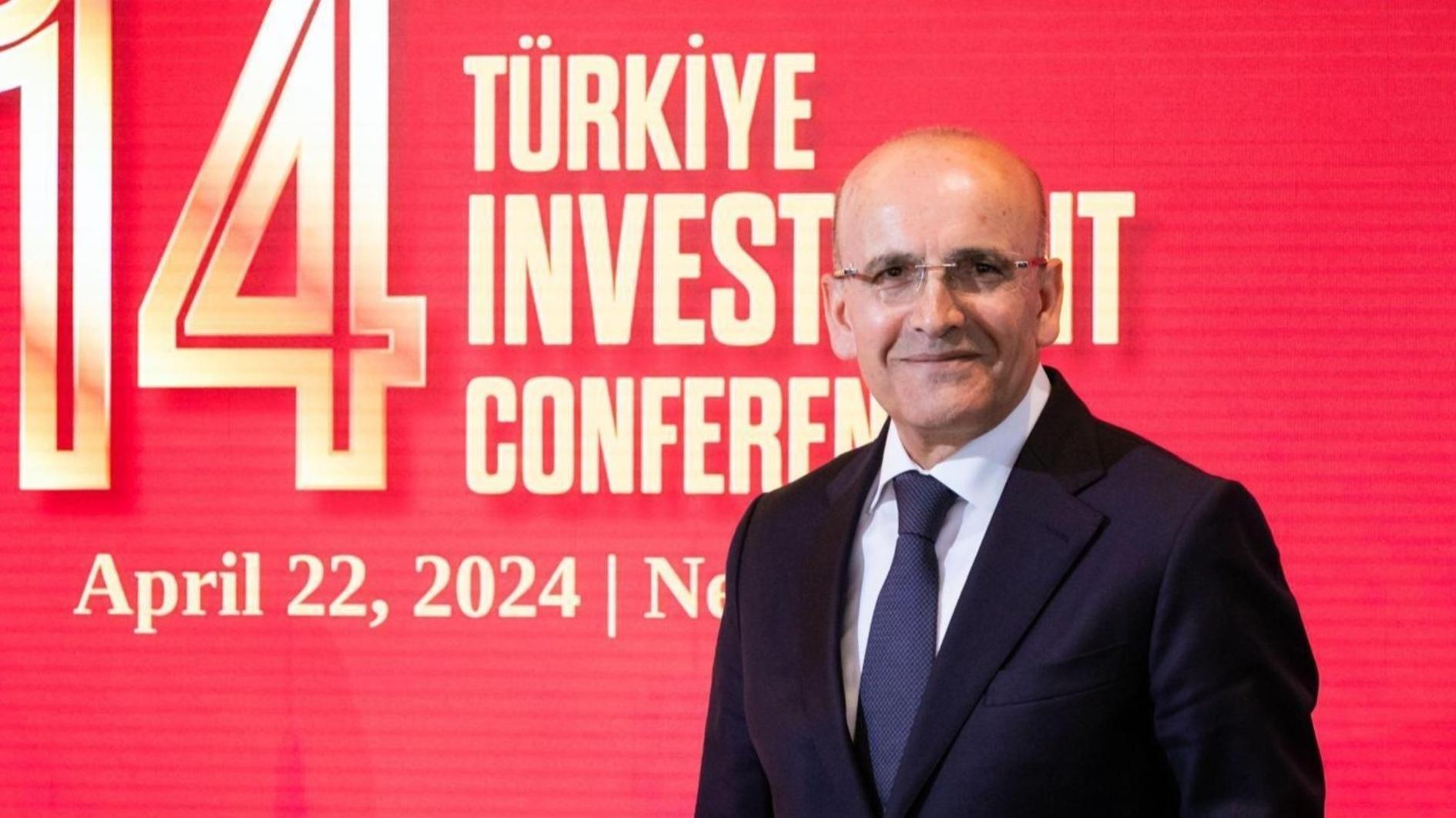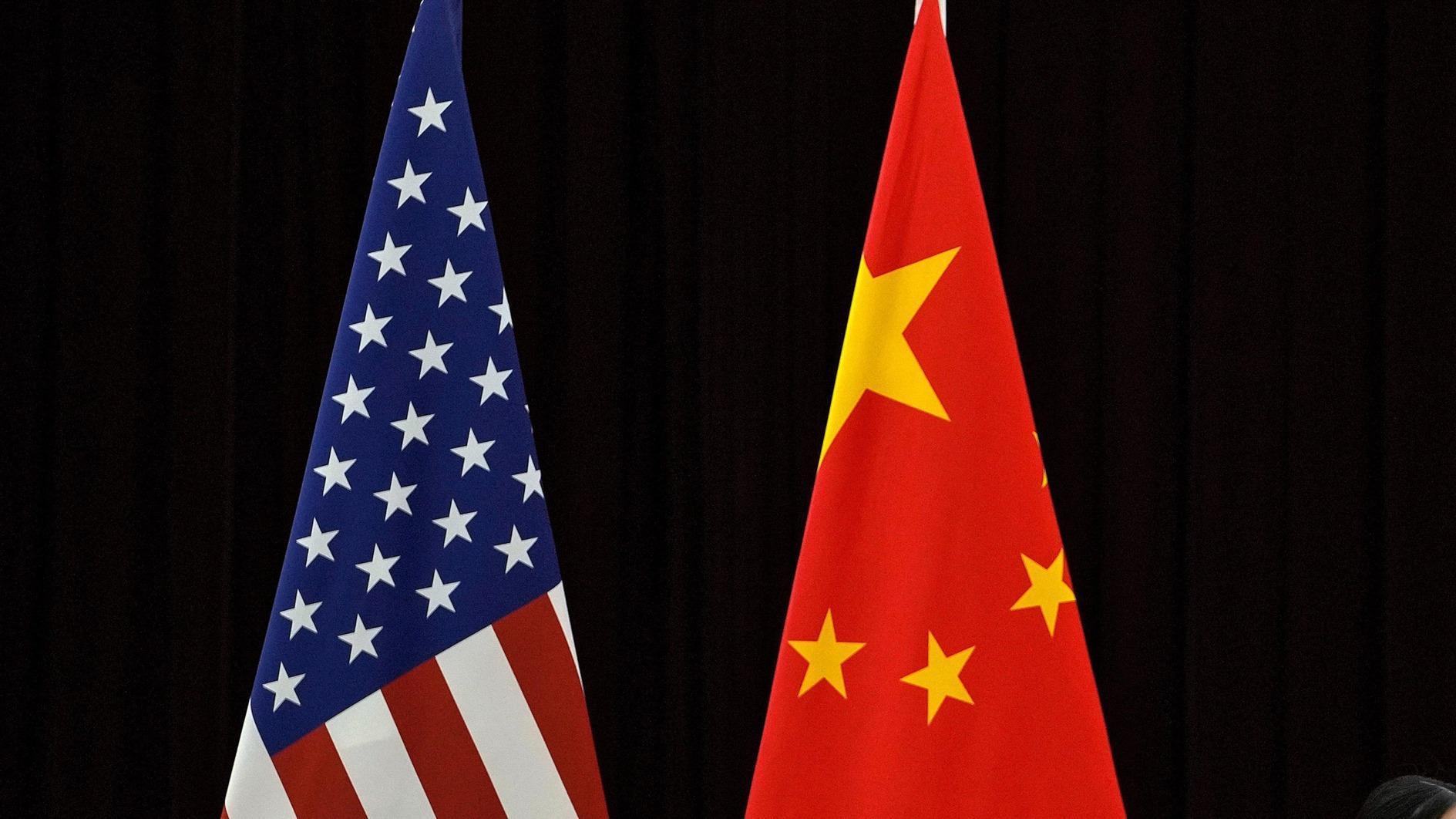Corruption perception increasing in the private sector
According to the Corruption Perceptions Index of Transparency International, a global civil society organization leading the fight against corruption, Turkey is second after Mexico among OECD countries with the highest perception of corruption. It is also the champion of corruption in Europe.
When different years are compared in the annual corruption index, which has been compiled since 1995, it can be seen that Turkey has been on a downward slope. According to experts, corruption and lack of transparency issues have become chronic in Turkey. It cannot be said that concrete steps are taken to improve these fields.
Let alone taking concrete steps, the Fight against Corruption Commission formed by former Prime Minister Ahmet Davutoğlu in 2015 and the Public Transparency Package he publicized almost look as if they have been simultaneously shelved by the Binali Yıldırım government.
Davutoğlu had introduced the compulsory declaration of property by provincial heads of political parties represented in parliament. It looks like when Davutoğlu left, the package was forgotten, whereas corruption perception in Turkey is increasing.
The Corruption Perception Survey of the Ethics and Reputation Society (TEİD) revealed this. TEİD General Secretary Tayfun Zaman said one of the first aspects a foreign investor questions while entering a foreign market is whether or not there is an anti-corruption law.
In the 2016 Corruption Perception Survey, one of the striking results was that corruption perception in the private sector has risen from 35 percent to 43 percent in one year. Some 43 percent answered “common and very common” to the question: “How widespread are the corruption incidents in the private sector?” In TEİD’s previous survey, this rate was 35 percent.
When compared to the private sector, which other institution contained the most corruption incidents? 85 percent of the respondents answered it was municipalities.
Confidence in local administrations is almost non-existent.
Following municipalities, other institutions where corruption was “common” were political parties, customs, media, police, justice and health.
When asked what the most common unethical behavior was in the private sector, the top answer was “giving gifts or cash.”
Some 70 percent of top and middle management and 60 percent of private sector employees believe it was necessary to give gifts or money to do important business. In response to the question “In which sectors do you think corruption is most common?” the answer was logistics, customs and construction.
Corruption perception was 57 percent in logistics and customs and 55 percent in construction. In the 2015 survey, the corresponding figures were 22 percent and 19 percent, respectively. It is thought provoking that in locomotive sectors such as construction that corruption perception has skyrocketed in one year.
In these days when Reza Zarrab is held accountable before the U.S. justice system with corruption claims in Turkey, the TEİD survey reveals that we have a very long way to go in corruption and transparency.











